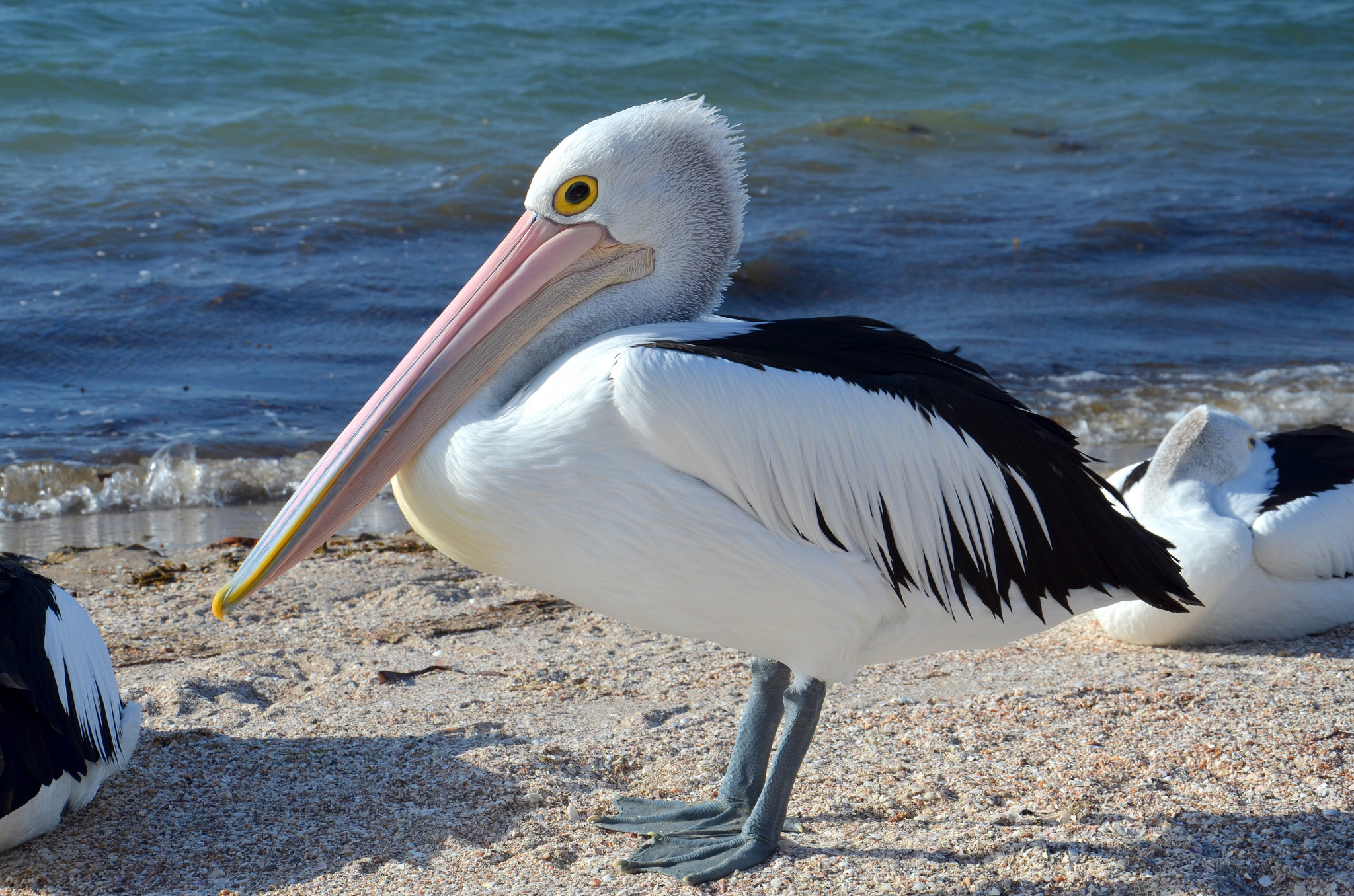Welcome to 2019, gentle readers! Big things lie in store for all of us, so start off this, the first full week of the year, with some good reads!
As long as you’re here, why not subscribe to the Global Comment podcast on iTunes or Soundcloud for interviews with thoughtful and creative people?
And hey: Much like public radio, we’re listener supported. If you enjoy our work, please consider supporting us with a one time or recurring donation.
Is Organic Food Over? (Lisa Elaine Held for Eater)
Those who believe in organic as a solution to negative effects of “conventional” food production assumed the word would evolve into shorthand for “healthy” — but it was never going to be that simple. Talk to farmers like the ones at the protest, and “organic” is a lifestyle that involves a philosophical understanding of the relationship farmers (and all people) have to the earth; talk to a Whole Foods supplier and “organic” is a value-add that means a higher price on the shelf. Talk to a consumer, and organic is now simply confusing.
The Best Skin-Care Trick Is Being Rich (Amanda Mull for the Atlantic)
The guidance usually comes from the wealthy, who have all the access in the world to the best skin products and treatments, and it tends to overemphasize the importance of lifestyle while sweeping under the rug the actual cost of tinkering with your facial chemistry. Celebrities wouldn’t be as distractingly beautiful without dermatologists, estheticians, and the women behind the beauty counters at Bergdorf Goodman. You can drink as much water and wear as much sunscreen as you want, but the most effective skin-care trick is being rich.
A shattering breach of trust: What happens to patients when their doctor is not who he claimed to be? (Kelsey McKinney for Stat)
For almost four years, he had performed exams on women, read sonograms, made birth plans, and delivered babies in Maryland’s Prince George’s County under a medical license not in his legal name. He has said he attended medical school before completing his residency but has provided no verifiable evidence of his training.
The Future of Frats Is Female (Reyhan Harmanci for Topic)
A widely publicized 2017 study, first published in the journal Contemporary Economic Policy, reported that frat brothers can expect to make 36 percent more money per year than their non-Greek brethren, even though the same study found that grades drop after a student enters a fraternity. (Scores of American leaders—presidents, senators, governors among them—belonged to frats.) “These results suggest that fraternity membership causally produces large gains in social capital, which more than outweigh its negative effects on human capital,” wrote the researchers.
Shifting ACElines (Gena Steffens for Hakai)
An oasis in the middle of a highly developed region, the ACE provides a haven and nesting grounds for endangered sea turtles, as well as migratory birds, alligators, bobcats, and venomous snakes. It also hosts a wildly productive aquatic food web. The Nature Conservancy considers the ACE one of the “last great places on Earth.” But great swaths are undergoing drastic changes, and we may be among the last generations to enjoy many of the ACE’s beaches before they shapeshift beyond recognition.
Photo: Chris Fithall

